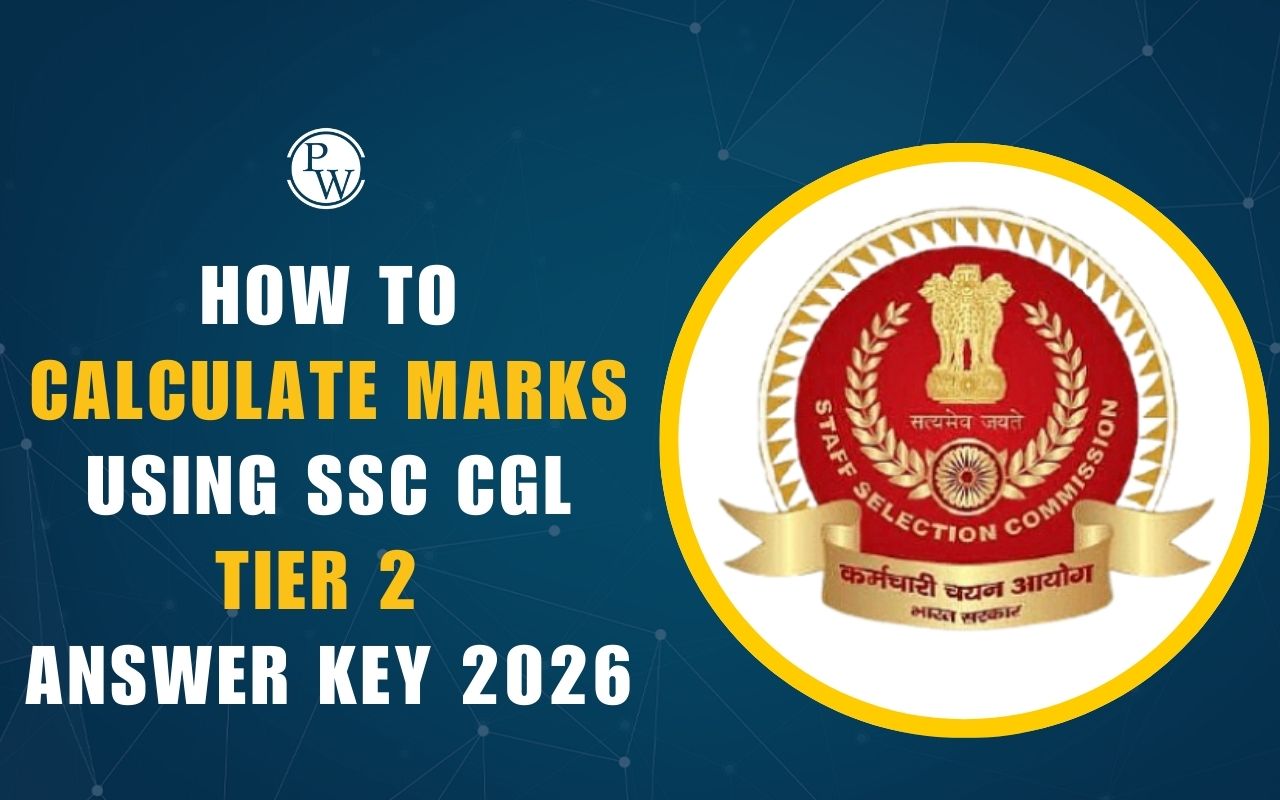
Storage Devices
Storage devices are essential components in computers and other electronic devices, used to save and retrieve data. They come in various types and capacities, each designed for specific needs and uses. Understanding storage devices helps in choosing the right one for your needs and managing data efficiently.Types of Storage Devices
Storage devices can be broadly categorized into two main types: primary storage and secondary storage.Primary Storage
Primary storage, also known as main memory, is the memory directly accessible by the CPU. It is fast and volatile, meaning it loses data when the power is turned off. The two main types are:- RAM (Random Access Memory) : Temporary storage used by the CPU to store data that is currently being processed. It is fast but loses its contents when the computer is turned off.
- Cache Memory : A smaller, faster type of volatile memory that provides high-speed data access to the CPU, enhancing overall speed and performance.
Secondary Storage
Secondary storage, also known as external memory or auxiliary storage, is non-volatile, meaning it retains data even when the device is powered off. There are several types:- Hard Disk Drives (HDDs) : Traditional storage devices that use spinning disks to read and write data. They offer large storage capacities at a relatively low cost.
- Solid-State Drives (SSDs) : Modern storage devices that use flash memory to store data. They are faster and more durable than HDDs but tend to be more expensive.
- Optical Discs : Include CDs, DVDs, and Blu-ray discs. They are used for storing media and software and are read using optical drives.
- USB Flash Drives : Portable storage devices that connect via USB ports. They are small, lightweight, and easy to use for transferring data between computers.
- Memory Cards : Used in devices like cameras, smartphones, and tablets. Common types include SD cards and microSD cards.
Storage Devices Working
Storage devices work by saving data in binary form (0s and 1s). The method of storing and retrieving this data varies by device type:- HDDs : Use magnetic platters and read/write heads. Data is stored by magnetizing tiny areas of the disk surface.
- SSDs : Use interconnected flash memory chips that retain data even without power. Data is stored in cells, which can be accessed quickly.
- Optical Discs : Use lasers to read and write data. Pits and lands on the disc surface represent binary data.
- USB Flash Drives and Memory Cards : Use flash memory similar to SSDs, making them fast and durable.
Key Features of Storage Devices
- Capacity : The amount of data a device can store, usually measured in gigabytes (GB) or terabytes (TB).
- Speed : How quickly a device can read and write data. SSDs are generally faster than HDDs.
- Durability : The physical robustness of a device. SSDs and flash drives are more resistant to physical shock than HDDs.
- Portability : The ease with which a device can be transported. USB flash drives and memory cards are highly portable.
- Cost : The price of storage per unit of capacity. HDDs are cheaper per gigabyte compared to SSDs.
Advantages and Disadvantages
Each type of storage device has its pros and cons:Hard Disk Drives (HDDs)
- Advantages : Large storage capacities, cost-effective, long lifespan.
- Disadvantages : Slower speeds, more prone to physical damage due to moving parts, larger in size.
Solid-State Drives (SSDs)
- Advantages : Faster data access speeds, more durable, no moving parts, smaller and lighter.
- Disadvantages : Higher cost per gigabyte, limited write cycles compared to HDDs.
Optical Discs
- Advantages : Good for media distribution, relatively cheap, long-term data storage.
- Disadvantages : Limited storage capacity, slower access speeds, prone to scratching and damage.
USB Flash Drives
- Advantages : Highly portable, easy to use, faster than optical discs.
- Disadvantages : Limited storage capacity compared to HDDs and SSDs, can be easily lost due to small size.
Memory Cards
- Advantages : Portable, used in many devices, fast access speeds.
- Disadvantages : Limited storage capacity, can be easily lost or damaged.
Choosing the Right Storage Device
When selecting a storage device, consider the following factors:- Purpose : What you need the storage for. Large files and backups might require an HDD, while fast access and portability might suit an SSD or USB flash drive.
- Capacity Needs : Determine how much data you need to store. Choose a device with sufficient capacity to meet your needs.
- Speed Requirements : If you need quick access to data, opt for SSDs or flash memory devices.
- Budget : Consider how much you are willing to spend. Balance cost with the required capacity and performance.
- Portability : If you need to carry your data with you, consider portable options like USB flash drives and memory cards.
Future Trends in Storage Devices
The field of storage technology is constantly evolving. Some future trends include:- Increasing SSD Adoption : As prices continue to drop, more users are switching to SSDs for their speed and reliability.
- Larger Capacities : Both HDDs and SSDs are increasing in capacity, allowing users to store more data.
- Cloud Storage : Growing use of cloud services for backup and storage, offering access to data from anywhere with an internet connection.
- Advancements in Flash Memory : Ongoing improvements in flash memory technology will lead to faster, more durable storage devices.
Storage Devices FAQs
What is a storage device?
A storage device is hardware used to save, retrieve, and manage data on computers and other electronic devices.
What's the difference between HDDs and SSDs?
HDDs use spinning disks to read/write data and offer large capacities at lower cost. SSDs use flash memory, making them faster and more durable but pricier.
What are USB flash drives used for?
USB flash drives are portable devices used for transferring and storing files between computers and other devices.
How does cloud storage differ from physical storage devices?
Cloud storage stores data online, allowing access from any internet-connected device, while physical storage devices store data locally on hardware.
🔥 Trending Blogs
Talk to a counsellorHave doubts? Our support team will be happy to assist you!

Check out these Related Articles
Free Learning Resources
PW Books
Notes (Class 10-12)
PW Study Materials
Notes (Class 6-9)
Ncert Solutions
Govt Exams
Class 6th to 12th Online Courses
Govt Job Exams Courses
UPSC Coaching
Defence Exam Coaching
Gate Exam Coaching
Other Exams
Know about Physics Wallah
Physics Wallah is an Indian edtech platform that provides accessible & comprehensive learning experiences to students from Class 6th to postgraduate level. We also provide extensive NCERT solutions, sample paper, NEET, JEE Mains, BITSAT previous year papers & more such resources to students. Physics Wallah also caters to over 3.5 million registered students and over 78 lakh+ Youtube subscribers with 4.8 rating on its app.
We Stand Out because
We provide students with intensive courses with India’s qualified & experienced faculties & mentors. PW strives to make the learning experience comprehensive and accessible for students of all sections of society. We believe in empowering every single student who couldn't dream of a good career in engineering and medical field earlier.
Our Key Focus Areas
Physics Wallah's main focus is to make the learning experience as economical as possible for all students. With our affordable courses like Lakshya, Udaan and Arjuna and many others, we have been able to provide a platform for lakhs of aspirants. From providing Chemistry, Maths, Physics formula to giving e-books of eminent authors like RD Sharma, RS Aggarwal and Lakhmir Singh, PW focuses on every single student's need for preparation.
What Makes Us Different
Physics Wallah strives to develop a comprehensive pedagogical structure for students, where they get a state-of-the-art learning experience with study material and resources. Apart from catering students preparing for JEE Mains and NEET, PW also provides study material for each state board like Uttar Pradesh, Bihar, and others
Copyright © 2026 Physicswallah Limited All rights reserved.









